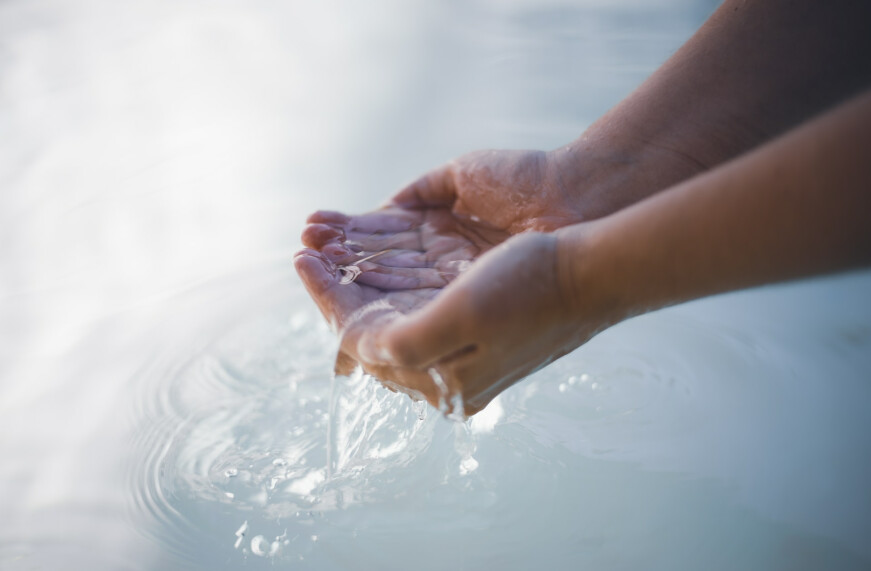Making Mikveh

Happy Friday Christ Church!
When was the last time that you really needed a bath or shower? Something made you filthy and you needed either a good soak or a good scouring? If any of you have ever played basketball with me, you know I am grateful to live in a part of the world where there is lots of water available and showers to be had!
Bathing has been a big part of the story of God with his people. In the Jewish tradition this is known as making mikveh. Specifically in the Mosiac law the people of God were to remain aware of their ritual status at all times to avoid inadvertently coming into contact with the holy while in a state of ceremonial uncleanness. According to Leviticus 15:31, ritual purity was required of all the people of Israel, not only the priests. Ritual purity was mandated in order to enter the Tabernacle or Temple, before making a sacrifice, and for receiving the benefit of a priestly offering. Immersing in a mikveh is further commanded in Scripture for a number of common life events such as: restoring purity after childbirth, cleansing of skin diseases such as leprosy, purification after coming in contact with a corpse, and for women completing each menstrual cycle.
The prevalence of the mikveh was easily observed in our recent travels in Israel. Every synagogue had its own mikveh. Herod the Great had one built to specifications on top of Masada, his impressive desert fortress/palace. The strict Jews of the Qumran community had nine mikveh's in a monastery with only like twelve other rooms!
The good news is that Christ has done away with the need for this ritual purification. Titus 3:4–7 puts it this way, "But when the goodness and loving kindness of God our Savior appeared, he saved us, not because of works done by us in righteousness, but according to his own mercy, by the washing of regeneration and renewal of the Holy Spirit, whom he poured out on us richly through Jesus Christ our Savior, so that being justified by his grace we might become heirs according to the hope of eternal life." We are washed in the Savior! He has made the definitive mikveh, pouring out on us his fully finished work on the cross. This is what David was longing for in Psalm 51 when faced with the sinfulness of his heart, "Wash me and I will be whiter than snow."
What a joy it is to live as those fully cleansed! Of course, we do, in a sense, make mikveh before the Lord regularly as we confess before him, seeking to keep short accounts of our battles with ongoing sin. But these washings speak to the dust of the journey for those who have already been washed and found clean. They are not the deep cleaning of the unregenerate. Jesus captures this idea in his interaction with Peter during the last supper, “The one who has bathed does not need to wash, except for his feet, but is completely clean (Jn. 13:10)." May we learn to confess with the confidence of one who has been washed.
This Sunday we will immerse ourselves in the well known story of David and Goliath in I Samuel 17. While this may be one of the most well known stories in the whole of the Bible, there is much to consider as we see the ways of God with His people in the face of challenges.
Photo by Raphael Wild on Unsplash
